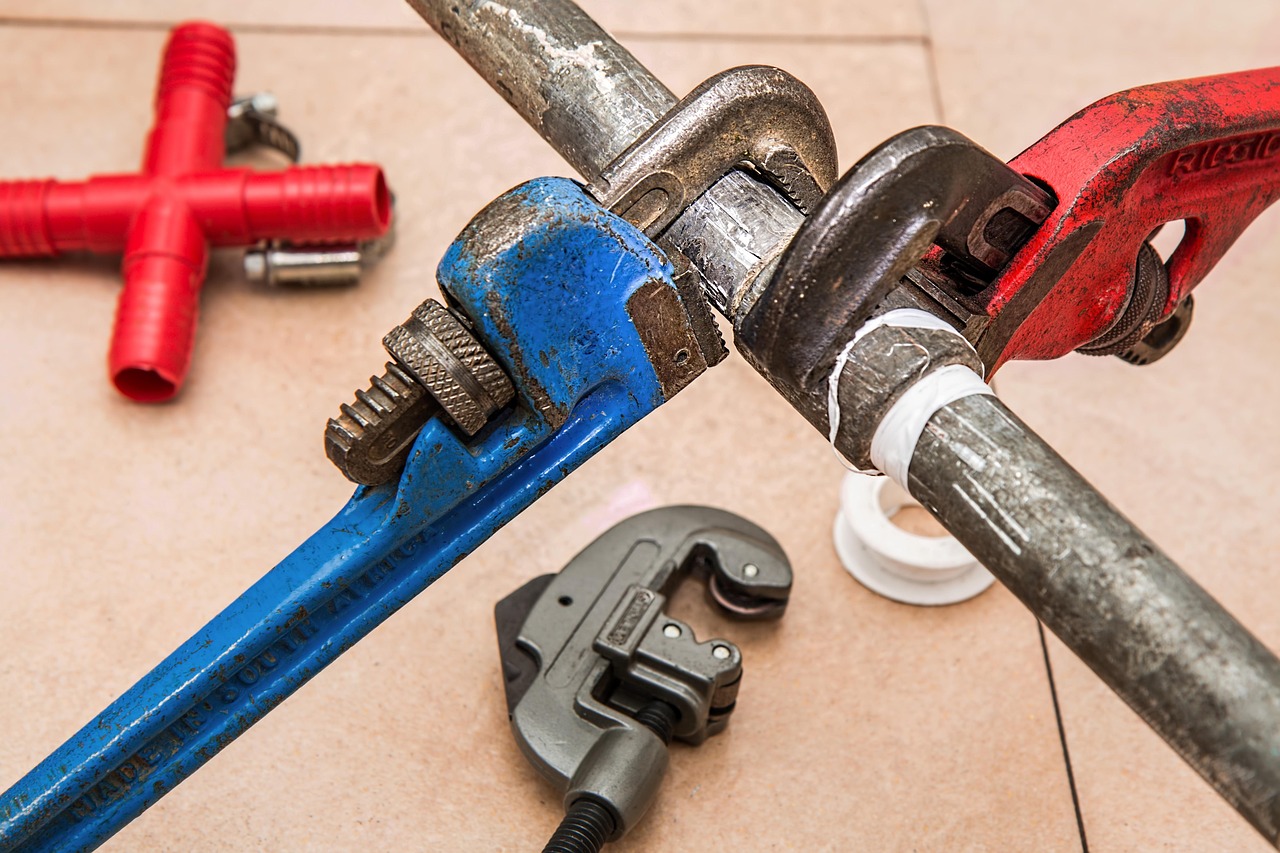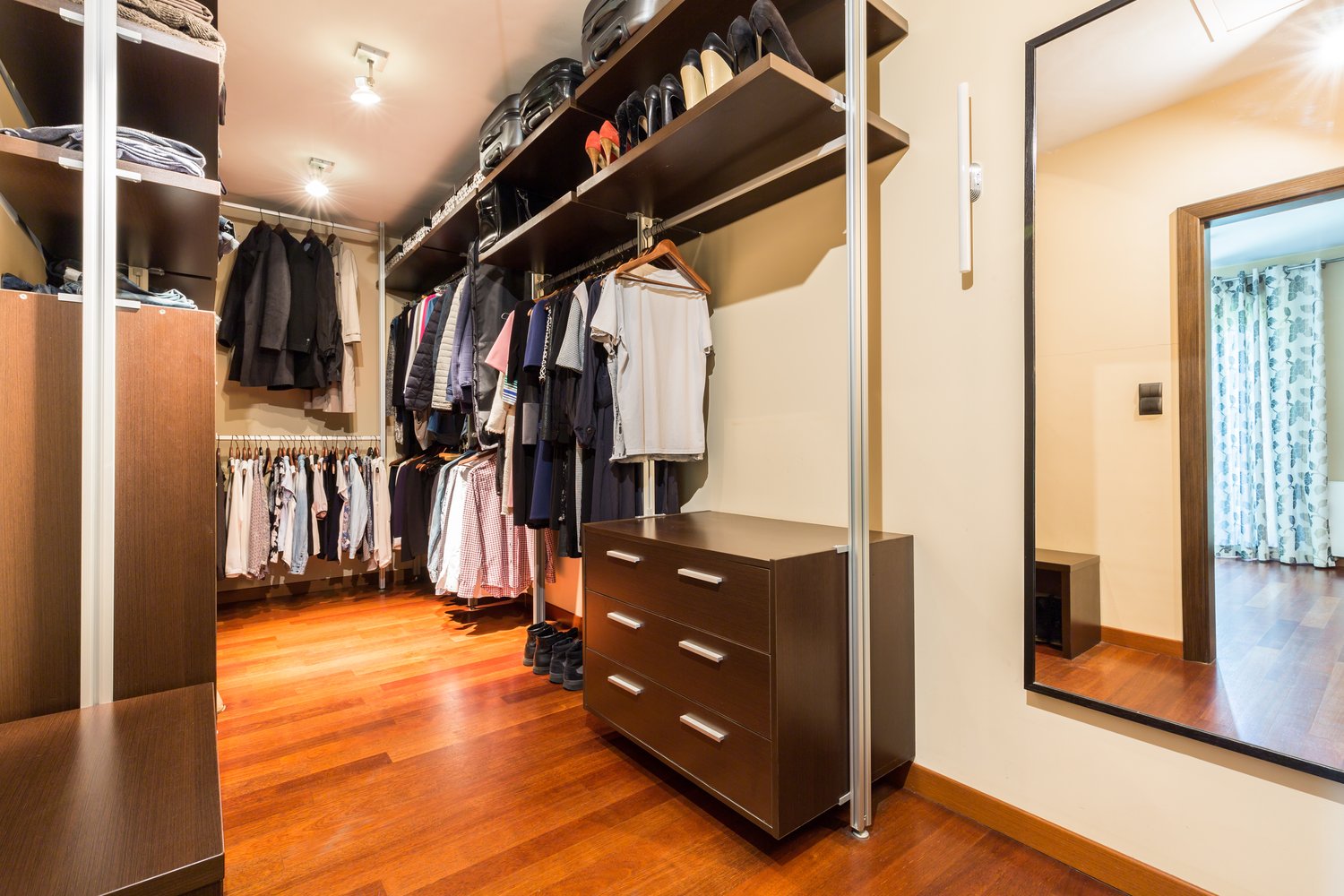Replacing windows is a significant home improvement project that can enhance energy efficiency, improve curb appeal, and increase property value. When it comes to installation, homeowners face a crucial decision: tackle the project themselves or hire a professional window installer. This choice involves weighing factors such as cost, skill level, time commitment, and the complexity of the installation. Understanding the advantages and disadvantages of each approach can help you make an informed decision that aligns with your specific situation and goals.
Understanding Window Installation Basics
Window installation might seem straightforward, but it involves precise measurements, proper sealing techniques, and knowledge of building codes. A typical installation requires removing the existing window, preparing the opening, positioning the new window, securing it properly, adding insulation, sealing against the elements, and finishing both interior and exterior trim. Mistakes during any of these steps can lead to air leaks, water infiltration, or structural issues that may prove costly to fix later. Before deciding between DIY window installation and hiring a professional, it’s important to understand the scope of work involved and honestly assess your capabilities.
The complexity of your specific project also matters significantly. Installing a like-for-like replacement in an existing, properly squared opening presents fewer challenges than installing new construction windows or dealing with structural issues around the window frame. Modern energy-efficient windows often require specific installation techniques to maintain their performance ratings, adding another layer of complexity to the process.
The DIY Approach: Benefits and Challenges
The most obvious advantage of DIY window installation is cost savings on labor, which can represent 30-50% of your total project budget. For someone with decent carpentry skills and proper tools, installing standard-sized replacement windows in good condition frames can be achievable. The satisfaction of completing the project yourself and learning new skills represents another significant benefit of taking the DIY route.
However, DIY installation comes with substantial challenges. Without proper experience, you risk improper installation that could void manufacturer warranties, decrease energy efficiency, or allow water infiltration that causes structural damage. The specialized tools required might also necessitate purchases or rentals that eat into your projected savings. Additionally, DIY installations typically take much longer than professional installations, especially for first-timers who may encounter unexpected complications along the way.
Safety concerns represent another major consideration, as window installation often requires working from heights, handling large, heavy glass panels, and managing potentially hazardous materials from old window removal. For multi-story homes, the safety risks increase considerably, making professional installation the more prudent choice for upper-floor windows.
Professional Window Installation: Advantages and Considerations
Hiring a professional window installer brings expertise, efficiency, and peace of mind to your project. Professionals understand the nuances of different window types, framing materials, and installation requirements. They can quickly identify and address unexpected issues like rot, structural problems, or unusual dimensions that might otherwise derail a DIY project. As experts at AskHomey often point out, professional installers also carry insurance that protects you from liability if accidents occur during installation.
Professional window install services typically include comprehensive project management, from precise measurements to proper disposal of old materials. Many window manufacturers require professional installation to maintain warranty coverage, which represents a significant long-term benefit. Professionals can typically complete in hours what might take a DIYer days, minimizing disruption to your home.
The primary drawback of hiring window installers is cost. Labor typically adds significantly to the project budget. However, when considering this expense, it’s important to factor in the long-term value of proper installation, including energy savings, warranty protection, and avoiding costly repairs from installation errors. Finding reputable professionals requires research, but the investment often pays dividends in quality and longevity.
Making Your Decision
Your decision between DIY and professional installation should account for several factors. Consider the number and type of windows, your skill level and available time, budget constraints, warranty requirements, and the complexity of the installation. For simple, ground-floor replacement windows in standard sizes, capable DIYers might successfully manage the job. For larger projects, custom windows, new construction installations, or upper-story windows, professional installation typically represents the wiser choice.
If you’re on the fence, consider a hybrid approach. Some homeowners save money by hiring professionals for the most critical or complex windows while handling simpler installations themselves. Others assist professional installers as helpers to learn the process while ensuring proper installation. Whatever you decide, proper research and preparation remain essential to project success.
Remember that window installation directly impacts your home’s energy efficiency, security, and weather resistance. While DIY installation can save money initially, professional installation often provides better long-term value through proper performance and warranty protection.
For more tips and to connect with reliable home service professionals, follow AskHomey on Facebook and Instagram.



